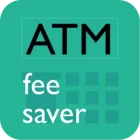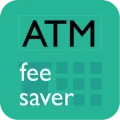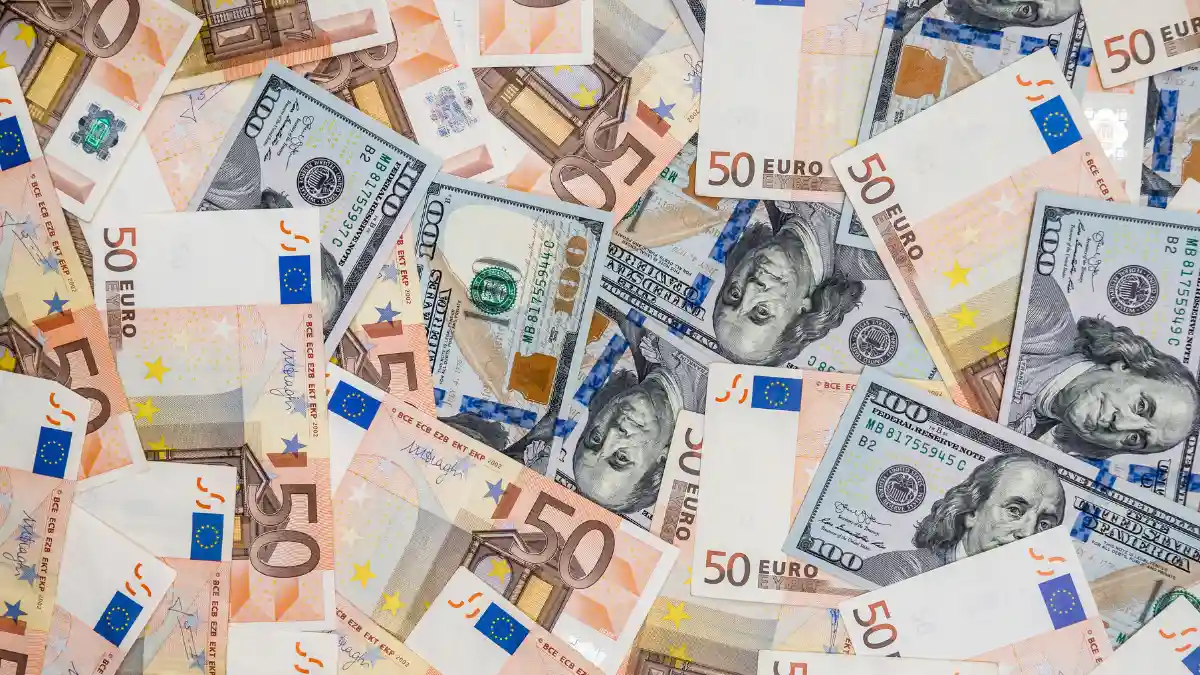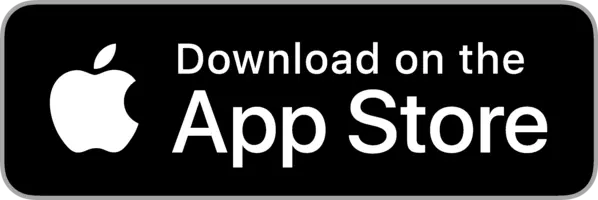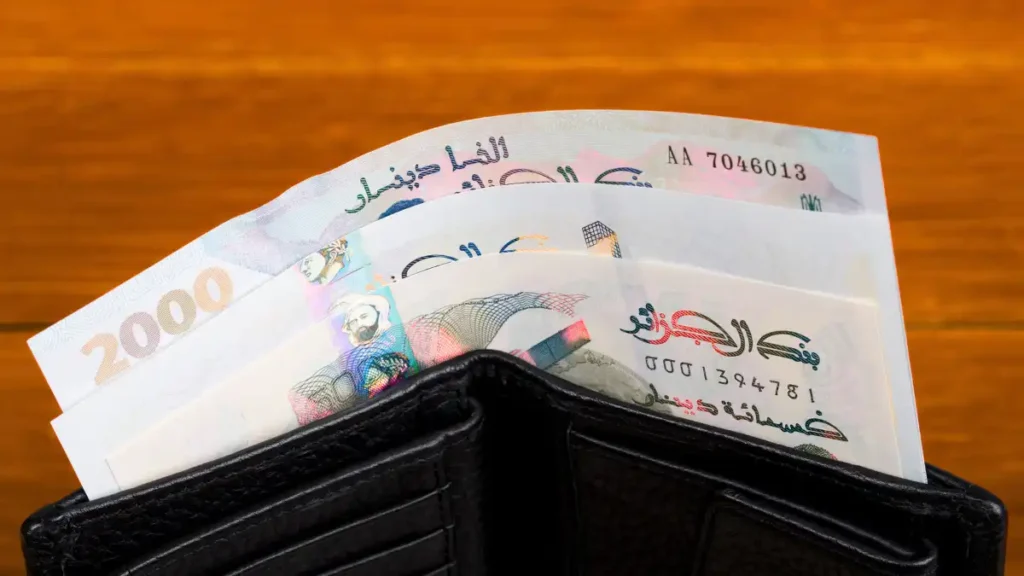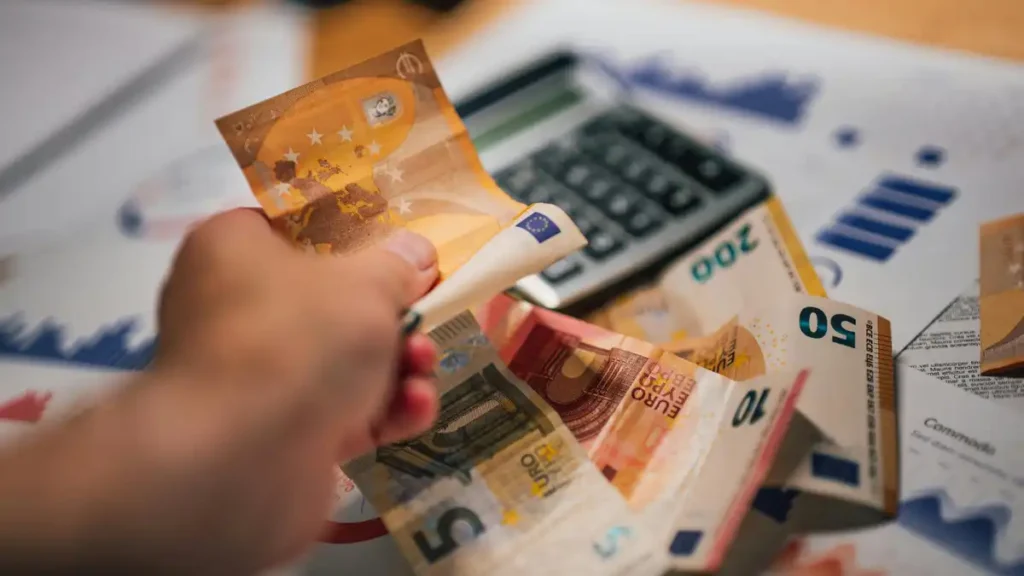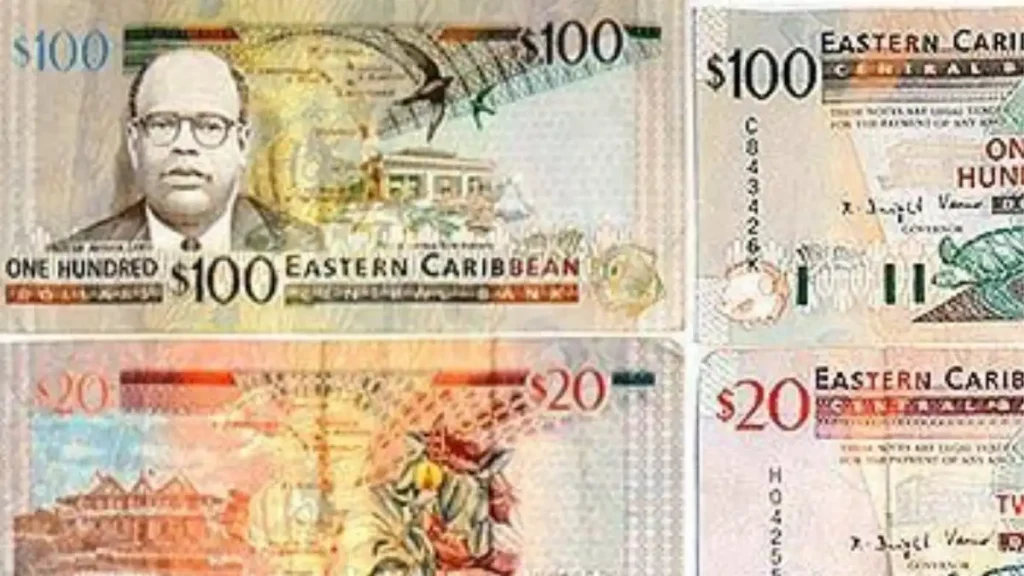From Parisian cafés to Provençal markets, money in France moves with elegance-but not always ease for visitors. France uses the Euro (EUR), and while cards are widely accepted in urban areas, rural regions, local transport, and artisan stalls may still prefer cash. ATMs are accessible, but withdrawing in-country can carry fees depending on your home bank. Whether you’re shopping in Champs-Élysées or sipping wine in the Loire Valley, it pays to know when to tap and when to carry cash. This guide explores how to get and use currency in France efficiently, without wasting time-or money-on the wrong methods.
How to pay in France – cash or card?
In France, cards are making things simpler for lots of travelers, with 65%-75% of spending done via cards.
You can use cash for:
- Budget hotels (some small inns and B&Bs)
- Hostels
- Local tour operators (street-booked walking tours, day trips)
- Tips and gratuities (especially for small services)
- Street food (crepe stands, food trucks)
- Small eateries / restaurants (bistros, cafés)
- Small purchases
- Local expenses at bakeries, outdoor markets, tabacs
- Local buses (in some towns, though contactless is growing)
- Local taxis (especially outside Paris)
- Laundry services
- Mobile SIM and phone top-up (at tabacs)
You can use card for:
- 4 and 5 star hotels
- Large tour operators
- Shopping at malls and all major retailers
- Entry fees to museums, landmarks (Louvre, Eiffel Tower, etc.)
- Airport transport (RER, metro, buses, taxis)
- Sit-down restaurants
- Upscale restaurants
- Online bookings for upscale hotels, flights, tours
- Spas
- Tailoring services
- Vehicle renting
- Emergency medical clinics / pharmacies
- Local trains (SNCF, RER, metro in major cities)
- App-based taxis (Uber, Bolt, etc.)
- Nightlife / bars
France is highly card-friendly, including contactless, Apple Pay, and Google Pay. Still, it’s a good idea to carry small amounts of cash, especially for tips or small vendors.
What’s the best currency to take to France?
France mainly accepts its local currency Euros (EUR or €). Note denominations are € 5, 10, 20, 50, 100, 200, and 500. Other currencies are not usually accepted.
So, Euro is the best currency to take to France.
Where to get the local currency in France?
In France, you can get the local currency in 3 ways. These are:
ATMs, or
Currency exchange
Money transfer and local pick-up
Types of cards to swipe in France
Visa and Mastercard transactions are commonly accepted for swiping. You might also find some places that accept Amex and other cards, albeit less frequently.
Types of cards at ATMs in France
When withdrawing money in France, majority of the ATMs will accept Visa, Mastercard, Cirrus, Plus and Maestro cards. Some of them accept Amex cards. Cards such as Unionpay, Discover, JCB, Diners, Rupay are not usually accepted by many ATMs.
Should I exchange money before travelling to France?
If you’re coming from another Eurozone country, there’s no need to exchange money, as France uses the Euro (EUR). However, if you’re arriving from a non-Euro country, it’s a good idea to bring a small amount of EUR for immediate needs such as public transport, snacks, or tips.
ATMs (called “distributeurs automatiques”) are widely available at airports, train stations, cities, and towns across France. Most accept Visa, Mastercard, Cirrus, Plus, and Maestro cards. Be sure to check your bank’s international withdrawal fees and notify them of your travel plans to avoid card blocks.
Currency exchange services are available at banks, post offices, and dedicated exchange counters-especially in larger cities and tourist areas. However, airport exchanges may charge higher commissions and offer worse rates.
France is largely cashless, and credit/debit cards are widely accepted at restaurants, hotels, shops, and public transport terminals. Nonetheless, it’s smart to carry a small amount of cash for local markets, bakeries, or cafés in rural areas that may not accept cards.
Where to withdraw money in France
The best ATMs for foreigners to use in France are those owned by popular banks such as:
- BNP Paribas
- Societe Generale
- Credit Mutuel
- Banque Postale
- Credit Du Nord
- Credit Cooperatif
- CIC
There are other banks with ATMs that also accept international debit and credit cards.
Some international banks also have their ATMs in France, namely: HSBC
Global ATM alliance: Global ATM Alliance is a partnership among many banks in the world to allow its customers to withdraw cash from all partner banks abroad without any ATM fee. Many banks in the US, UK, Europe, Australia, and Latin America are part of the Global ATM Alliance, including Bank of America, Barclays, Deutsche Bank, and others. BNP Paribas (BNL) in France is part of this network.
For a detailed guide, read Cash and ATMs in France.
Discover fee-free and low-fee ATMs on the ATM Fee Saver mobile app for iOS and Android. This app provides ATM PINs and details of leading bank ATMs such as ATM fees and withdrawal limits for foreign cardholders at ATMs in France. Moreover, its simple fee calculator helps you determine exact withdrawal charges. You can also find cash tips and tricks on the app for 160+ countries including France.
Download now from the App Store or Play Store.
Where to exchange currency in France
In France, you can exchange currency at authorised currency exchanges, banks, airports, and hotels, the most popular being authorised currency exchanges.
Currency exchange services are widely available throughout France, especially in major cities and tourist hotspots. Look for signs saying “Change” or “Bureau de Change.”
Well-known exchange locations:
Paris: Rue Scribe near Opéra Garnier, Champs-Élysées, Gare du Nord, and Charles de Gaulle Airport
Nice: Promenade des Anglais and near the train station
Marseille and Lyon: Around central stations and historic centers
Some exchange offices are open on weekends and late evenings, especially in tourist-heavy areas. Rates can vary widely, so compare before committing.
- Banks Offering Currency Exchange:
BNP Paribas
Société Générale
Crédit Agricole
La Banque Postale
Bank branches generally operate Monday to Friday, 9:00 AM to 5:00 PM. Fewer banks offer currency exchange services compared to exchange bureaus.
💡 Tip: ATMs (Distributeurs Automatiques de Billets) offer competitive rates. Always choose to be charged in EUR rather than your home currency to avoid dynamic currency conversion fees.
Pro-tips:
Stay away from airport exchanges – Poor rates
Avoid the black market – Be wary of being conned.
Include fresh notes – If your notes are damaged or dirty, you can expect to pay more or less.
Is carrying money in France safe?
In top tourist spots in France, it’s not safe to carry a large amount of cash due to pickpocketing and theft. Carry only what you need for the day or a few hours. To keep your cash safe:
Some safety tips for carrying cash while travelling in France are:
- Carry only the cash you need.
- Do not keep all the cash in one pocket or wallet.
- Put some cash in a safety belt or fanny pack.
- Do not flash your cash.
- When paying, do not remove or display your entire cash.
- Keep wallets preferably in front pockets.
- Cross-wear your purses if possible.
- Hold your purses, wallets and bags close and tight on crowded streets and in public trains and buses.
- When withdrawing cash, keep the cash low while you count it so people around don’t see it.
- If you’re dining alone, don’t leave your wallet / bag unattented while you go to the restroom.
- If sitting outdoors in a restaurant, don’t leave your wallets / bags on the table.
Is it better to use debit or credit cards or pay by cash in France
Use a card if it is fee-free i.e. your bank does not charge any fees to swipe the card, when the merchant / POS also does not impose any extra charge to use a card, you need to use the insurance of the card, don’t want to block cash of large purchases and card’s swipe fees are lower than withdrawal fees.
Pay by cash by withdrawing cash from ATM or exchanging currency where – fees on ATM withdrawals are lesser than fees on swiping cards, you don’t want to leave any digital footprint of your expenses, it is convenient and easier to conduct transactions.
